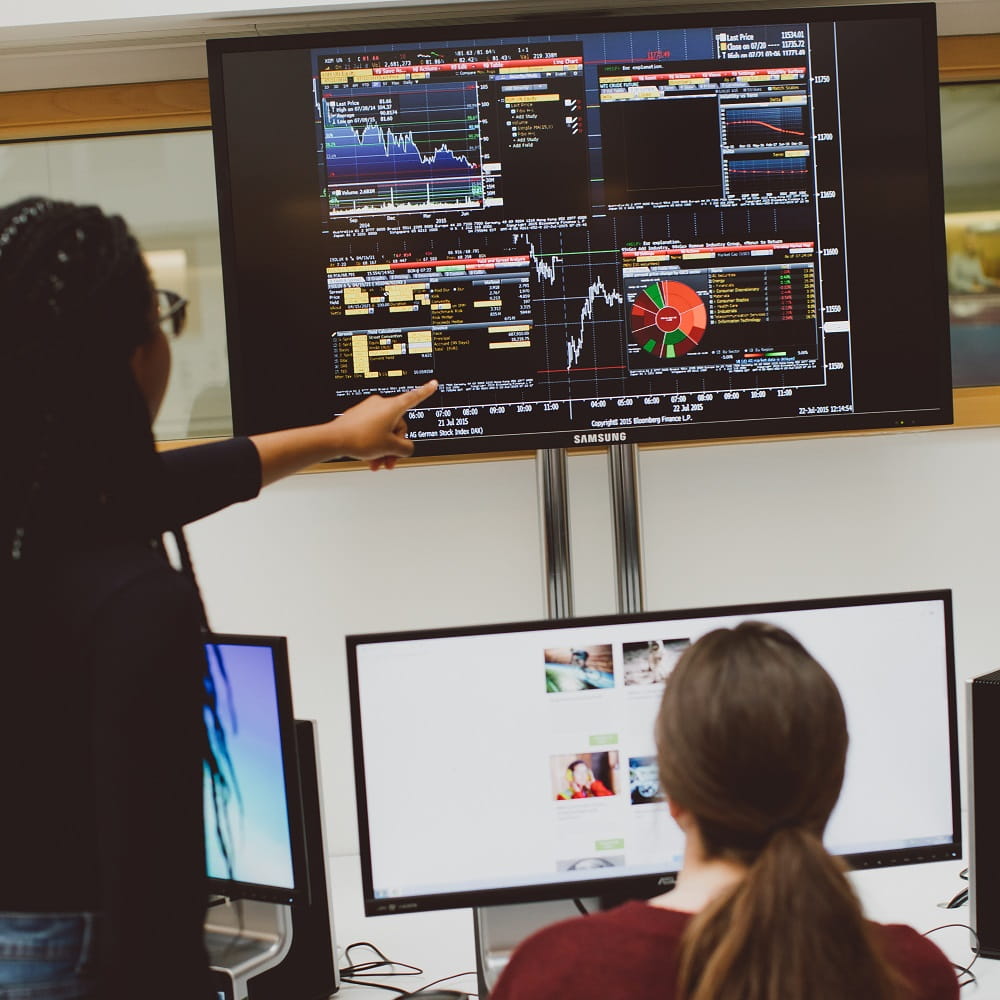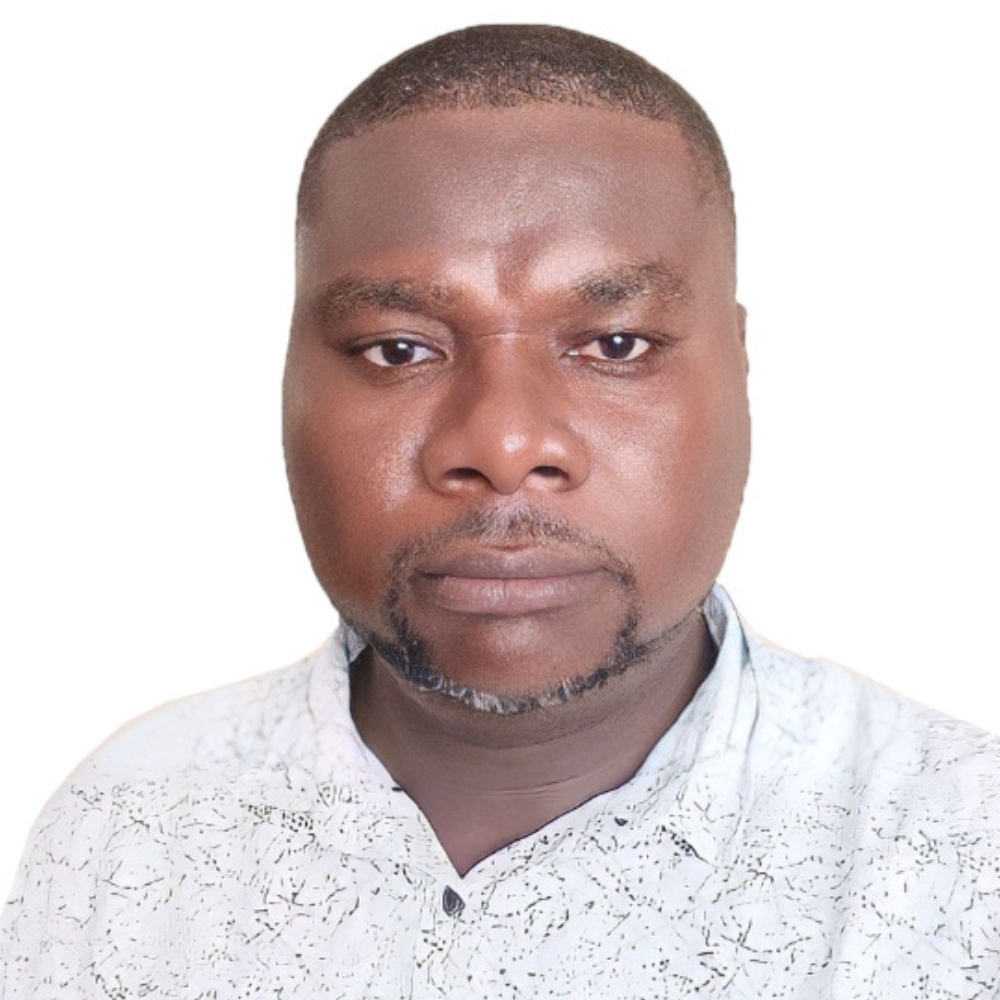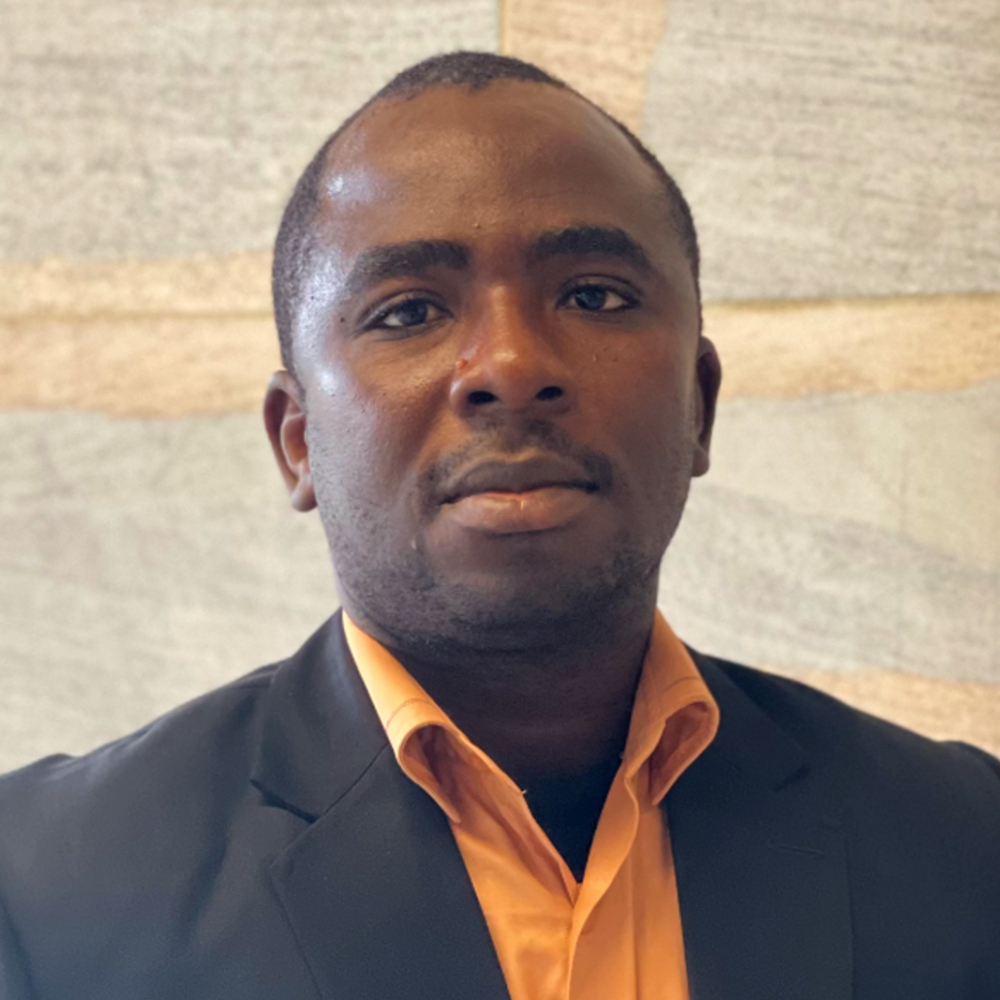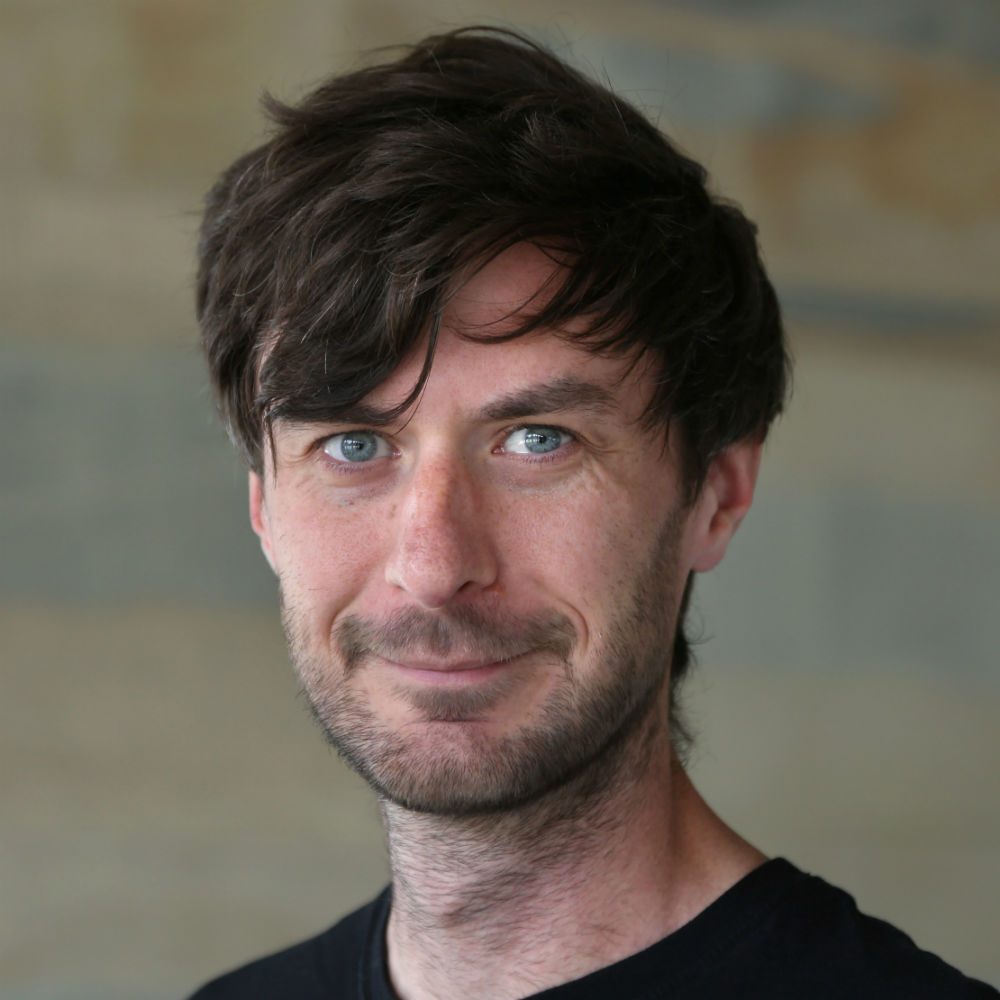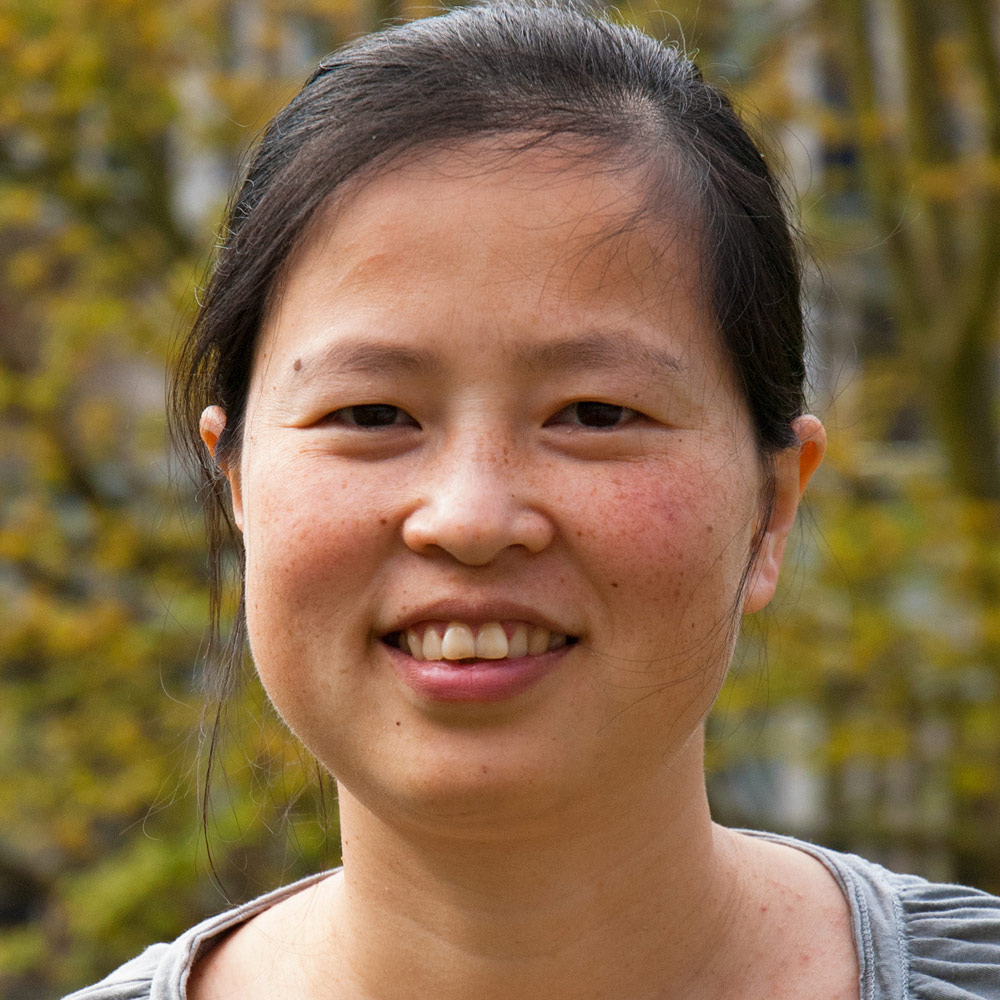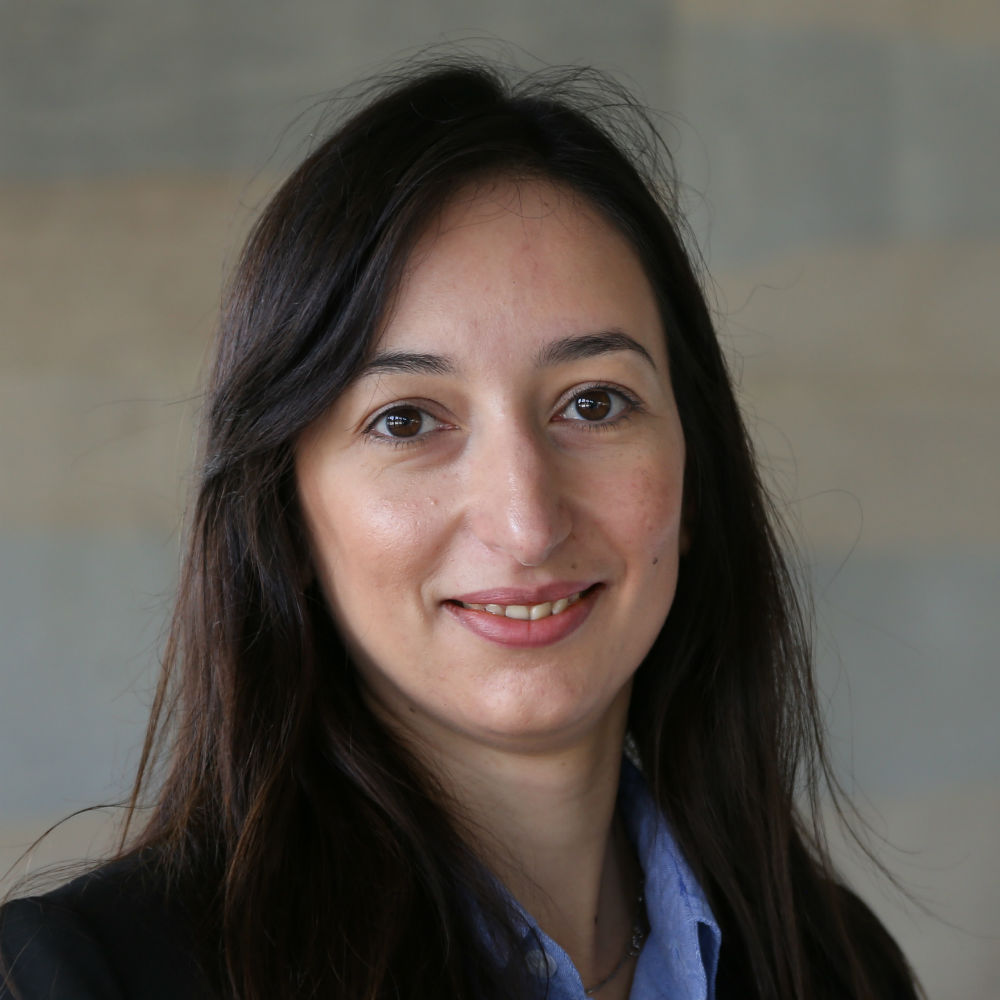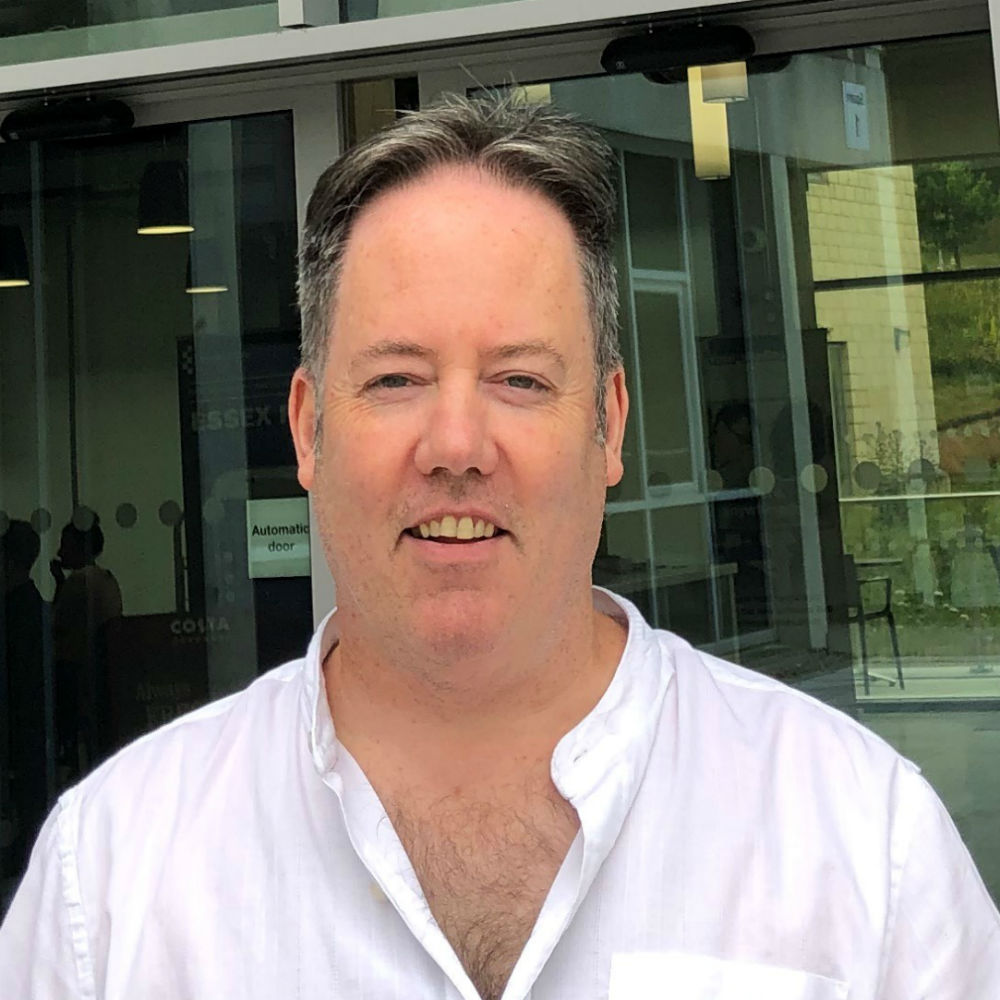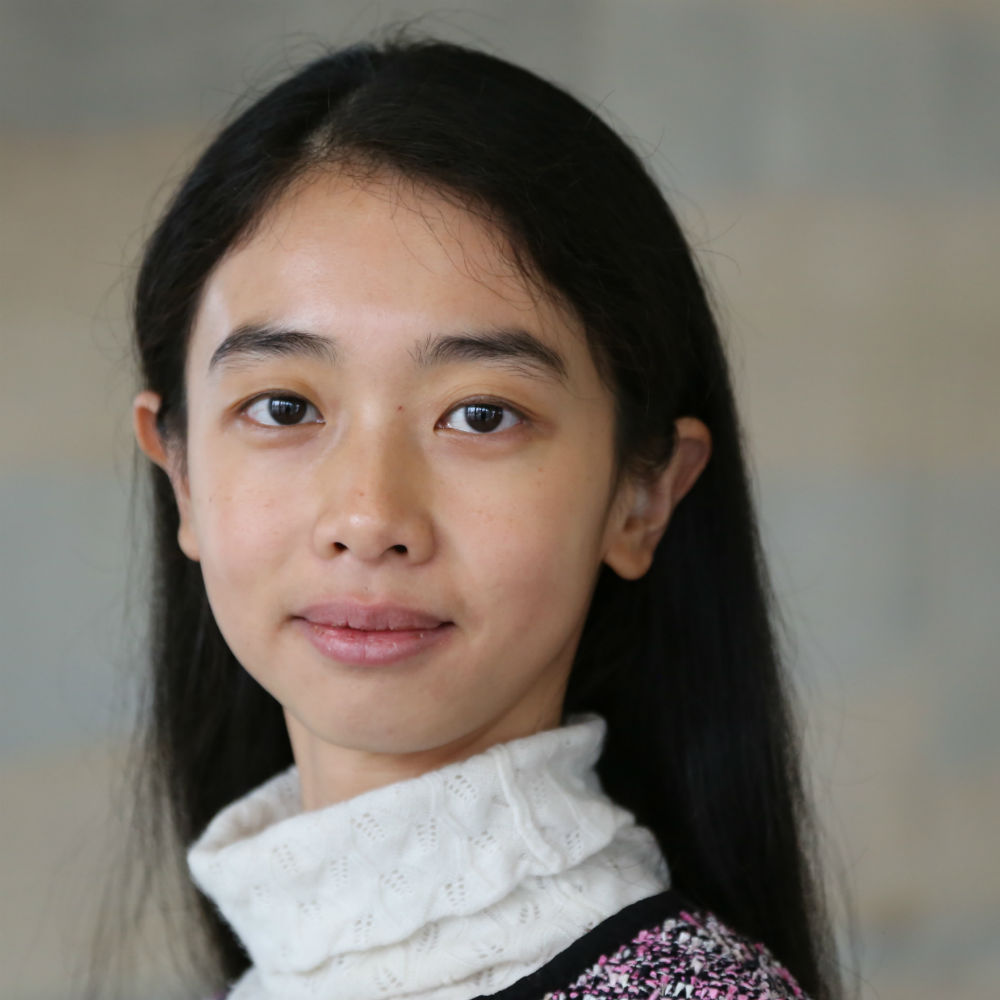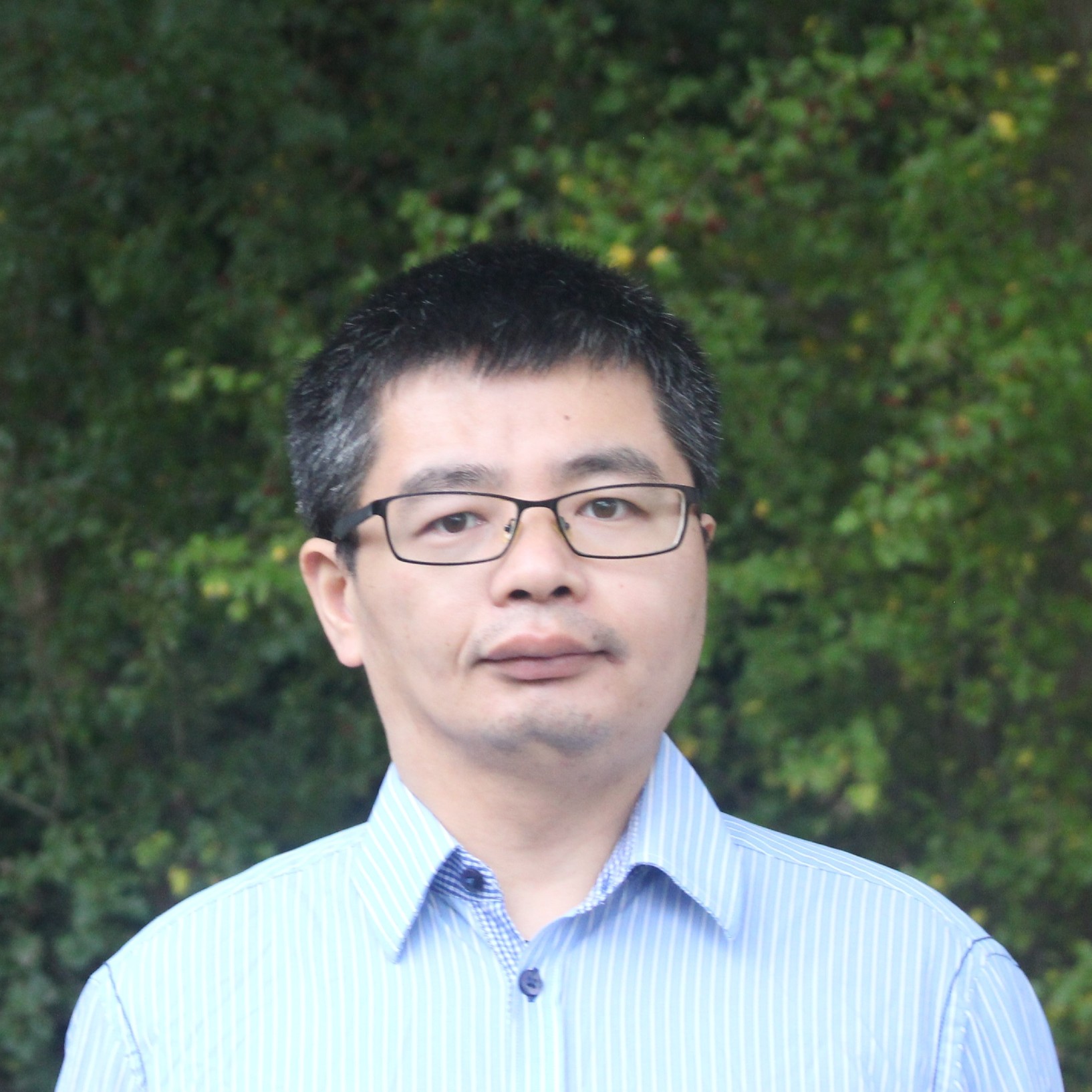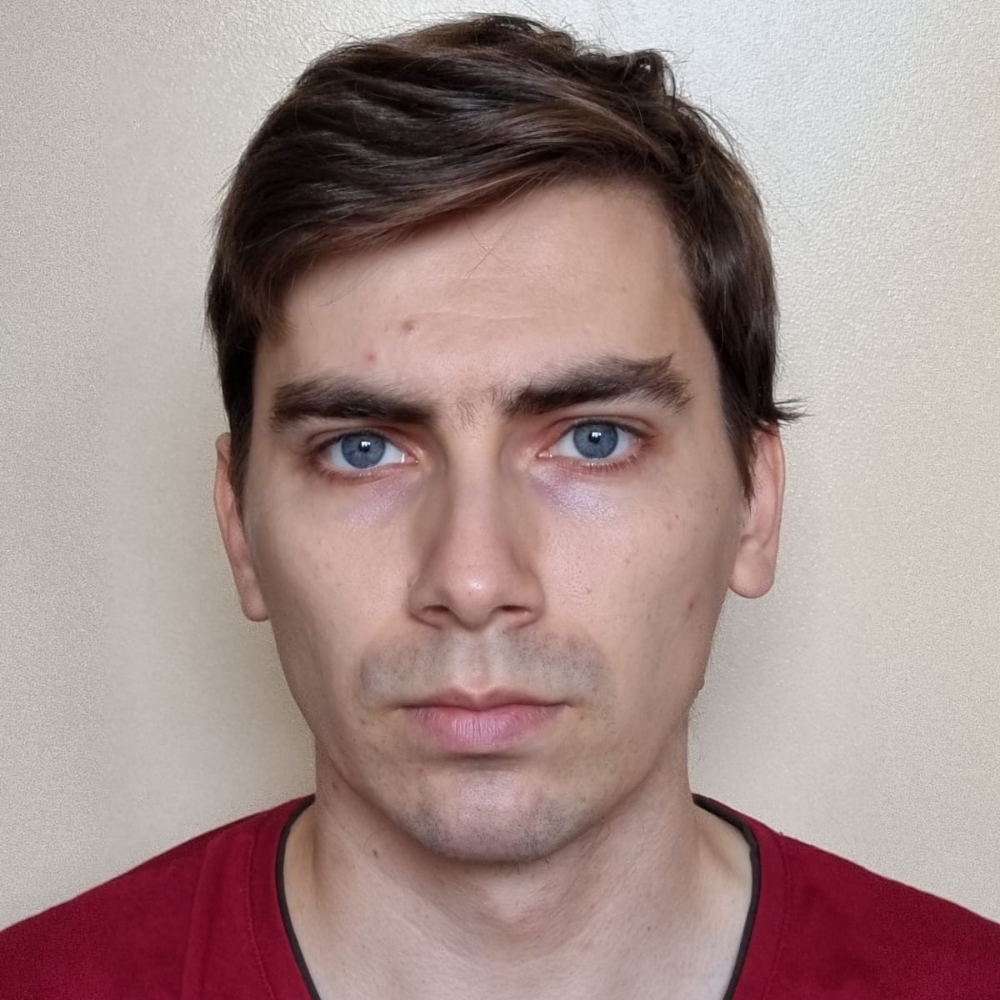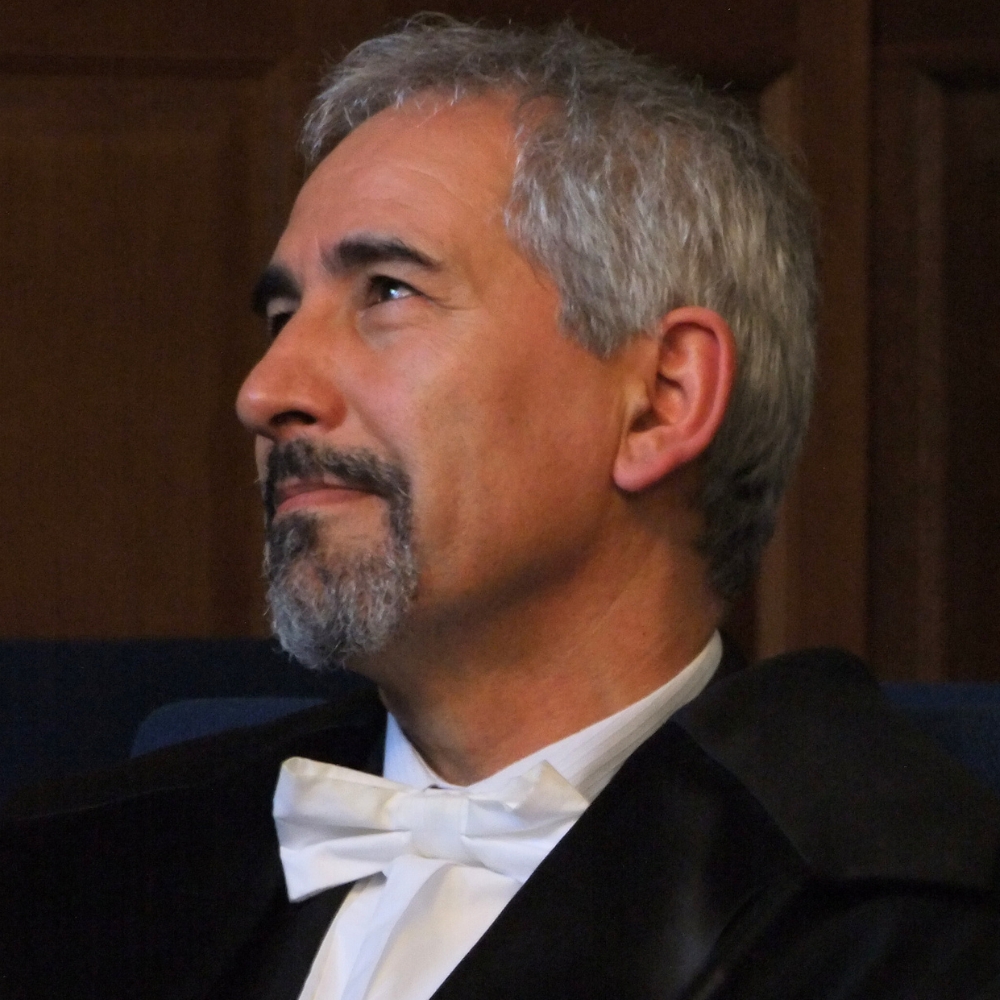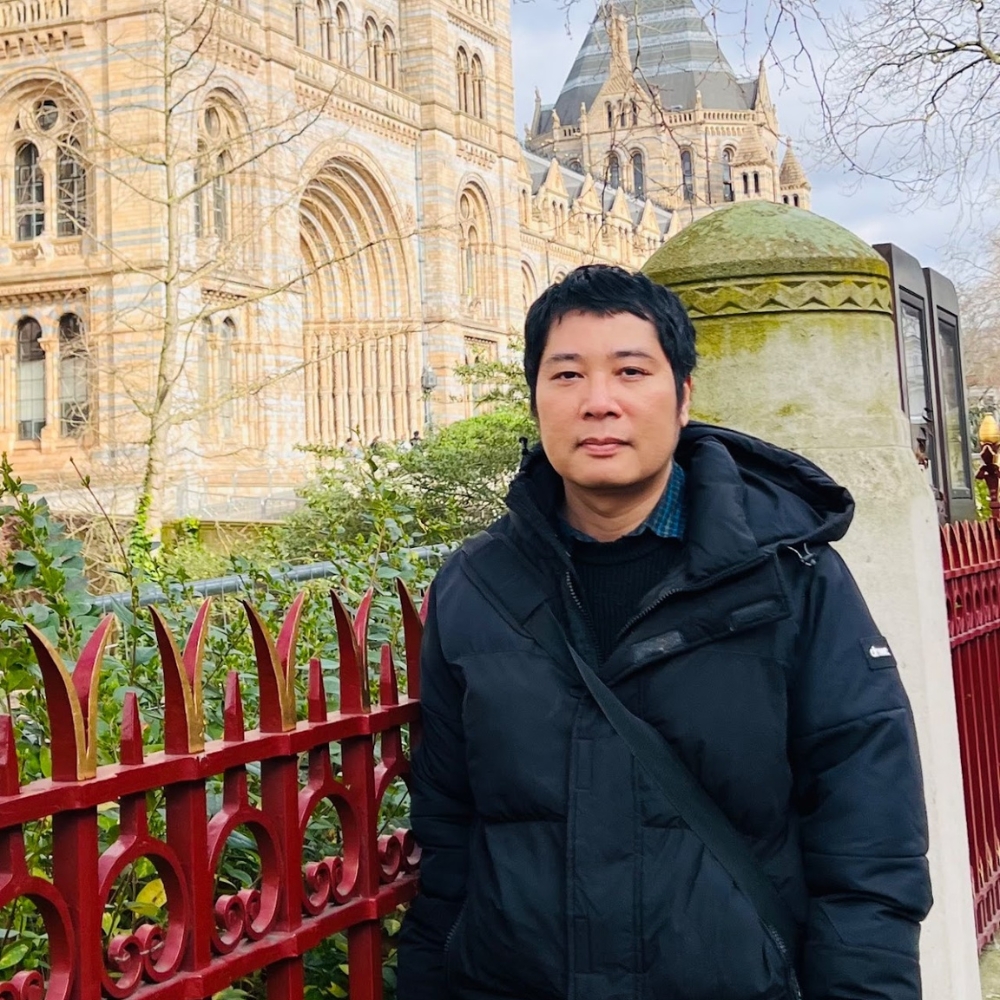Data science unifies statistics, data analysis and their related methods in order to understand and analyse phenomena in applications ranging from healthcare to finance.
It is an interdisciplinary research area that employs techniques and theories drawn from many fields. In our department our main areas of research interest are statistics and actuarial science, and operational research. Professor George Alfred Barnard was one of the first professors of the department (1966-1975). He served as President of the Operational Research Society (1962–1964), the Institute of Mathematics and its Applications in (1970–1971) and the Royal Statistical Society (1971-1972).
Many of our academics are also members of the university's Institute for Analytics and Data Science, and work closely with the Institute for Social and Economic Research, the Essex Business School, the School of Computer Science and Electronic Engineering, and the School of Life Sciences.
The data science research group has the following four research themes:
- Actuarial Mathematics theme - Theme members conduct multidisciplinary research in the broad areas of actuarial science and finance, including predictability, asset-liability management, risk management and risk theory, mathematical finance, financial data science and applied probability in actuarial science and queueing systems.
- Data Science and Statistical Learning theme - Theme members work on a range of data science methodologies covering artificial intelligence, statistical learning, computational statistics, epidemiology, bioinformatics and environmental statistics.
- Operational Research (OR) theme - Theme members conduct multidisciplinary research in the broad areas of OR and mathematical modelling including linear and nonlinear programming, combinatorial optimisation, deterministic and stochastic dynamic programming, algorithm (heuristics) design and analysis (including the novel Plant Propagation Algorithm (PPA) developed by Salhi), implementation of algorithms, data analytics and applications in portfolio selection, labour scheduling, green distribution, and predictive modelling.
- Statistical Methodology theme - Theme members work on a broad range of statistics and applied probability topics, including Bayesian statistics, longitudinal and survival analysis, causal inference, applied probability, exact Monte Carlo simulation such as Monte Carlo (or Bayesian) Fusion methods, nonparametric estimation for bivariate survival functions, semiparametric and nonparametric methods for length-biased and censored data.
